What is Last-Mile services and why should you look into it?
Last-Mile delivery a sector with opportunity in the Transportation Industry
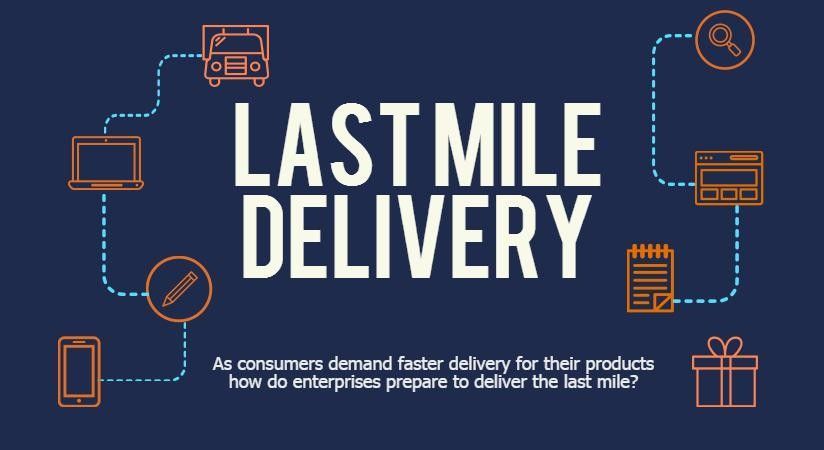
In the ever-evolving landscape of logistics, last mile delivery has emerged as a pivotal aspect of the supply chain, with its significance underscored by the rapid growth of e-commerce. For trucking companies looking to diversify their services and tap into this burgeoning market, understanding the nuances of last mile delivery is essential. In this week's blog, we delve into what last mile delivery entails, the pros and cons it presents, how to get started, legal requirements, and the opportunities it offers. Additionally, we'll explore how factoring can support trucking companies venturing into last mile delivery.
Understanding Last Mile Delivery
Last mile delivery refers to the final stage of the delivery process, where goods are transported from a distribution center or fulfillment center to the end destination, typically a residential or commercial address. It's often considered the most complex and costly part of the supply chain due to the intricacies involved in navigating dense urban areas and delivering individual packages to diverse locations.
Pros and Cons of Last Mile Delivery
Pros:
- Access to a rapidly growing market fueled by the rise of e-commerce.
- Opportunities for increased revenue and customer satisfaction.
- Potential for long-term partnerships with e-commerce giants and local businesses.
Cons:
- High operational costs, including fuel, labor, and vehicle maintenance.
- Challenges in navigating urban environments and dealing with traffic congestion.
- Increased pressure to meet tight delivery windows and customer expectations.
Getting Started with Last Mile Delivery:
1. Research and Analysis: Understand the local market demand, competition, and potential growth opportunities for last mile delivery services.
2. Fleet and Infrastructure: Invest in suitable vehicles, such as vans or smaller trucks, equipped for urban delivery. Consider leasing or purchasing additional vehicles to meet demand.
3. Technology Integration: Implement route optimization software and GPS tracking systems to enhance efficiency and real-time monitoring of deliveries.
4. Staffing and Training: Hire and train drivers adept at navigating urban environments and delivering exceptional customer service.
5. Partnering with Online Resources: Utilize online platforms and load boards specializing in last mile delivery to find available loads and expand your client base.
Legal Requirements and Compliance:
- Driver's Licenses: Ensure drivers possess the necessary commercial driver's licenses (CDL) and endorsements required for operating commercial vehicles.
- Equipment and Infrastructure: Maintain vehicles in compliance with safety and emissions regulations, including regular inspections and maintenance.
- Company Licenses and Insurances: Obtain relevant permits, licenses, and insurance coverage, including liability insurance and cargo insurance, to operate legally and protect against unforeseen liabilities.
Seizing the Opportunity
Venturing into last mile delivery presents trucking companies with a significant opportunity to diversify their services, tap into a rapidly growing market, and establish long-term partnerships with e-commerce giants and local businesses. By embracing innovation, leveraging technology, and prioritizing customer satisfaction, trucking companies can position themselves for success in the dynamic landscape of last mile delivery.
As trucking companies embark on the journey of last mile delivery, the importance of financial stability and flexibility cannot be overstated. Atlas Factoring LLC offers tailored factoring solutions to support trucking companies in managing cash flow, meeting operational expenses, and seizing new opportunities. Partner with us today to unlock the full potential of your last mile delivery endeavors. Apply with us now to start factoring with Atlas Factoring LLC and take your business to new heights.
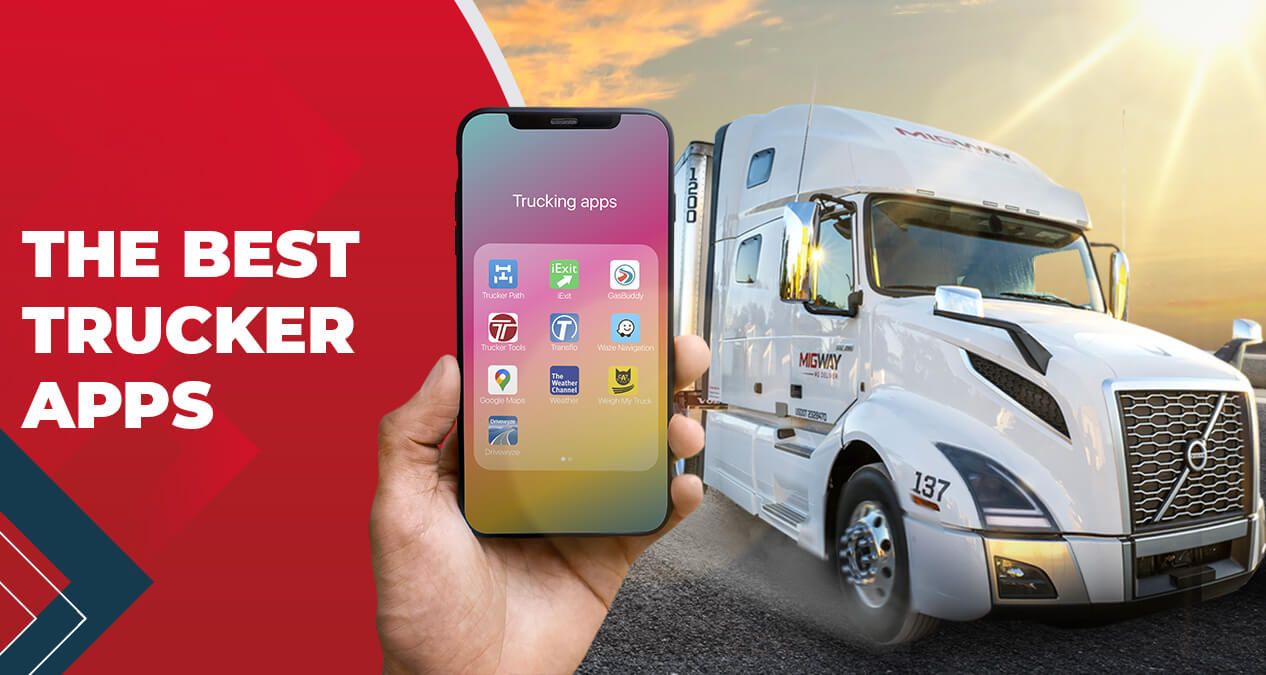
VISIT US
HOURS
Monday - Friday
8:00am - 5:00pm MST
Closed All Major Holidays
We provide working capital to businesses in all 50 states.



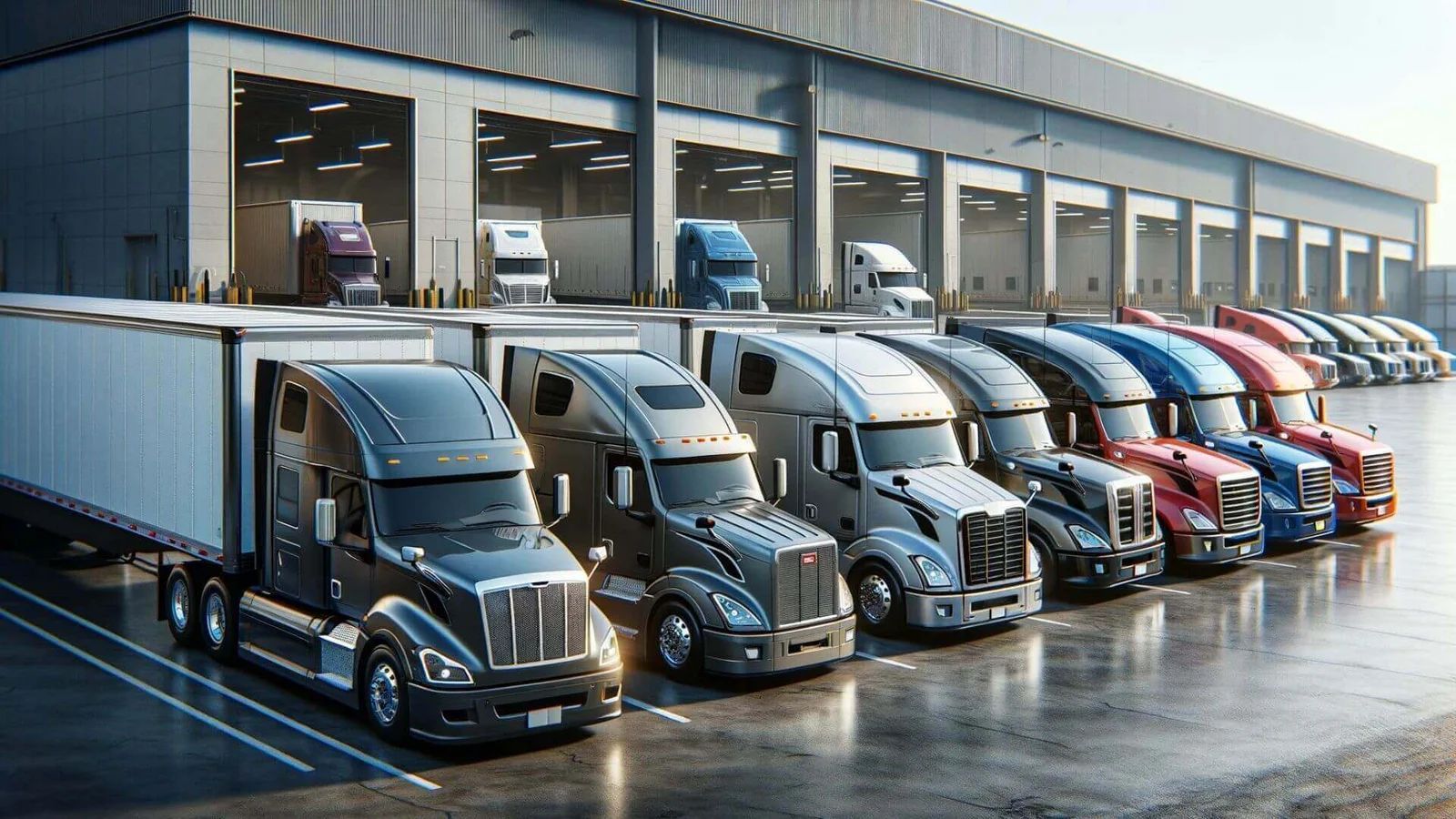



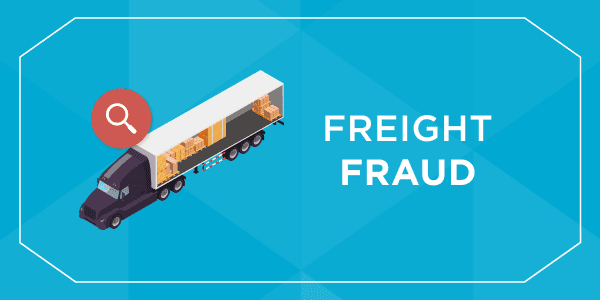

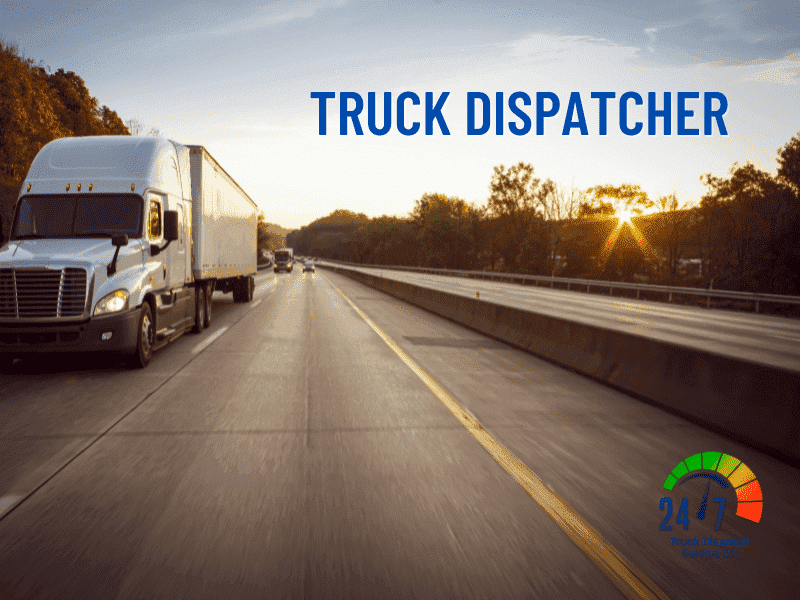
Share On: